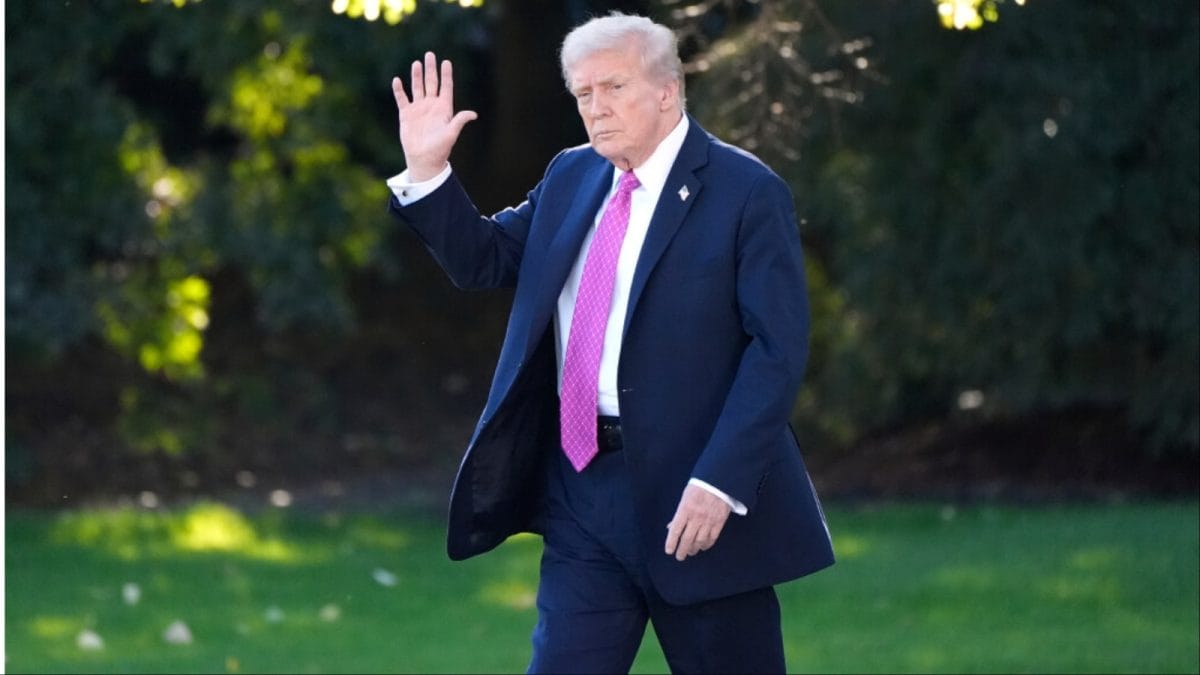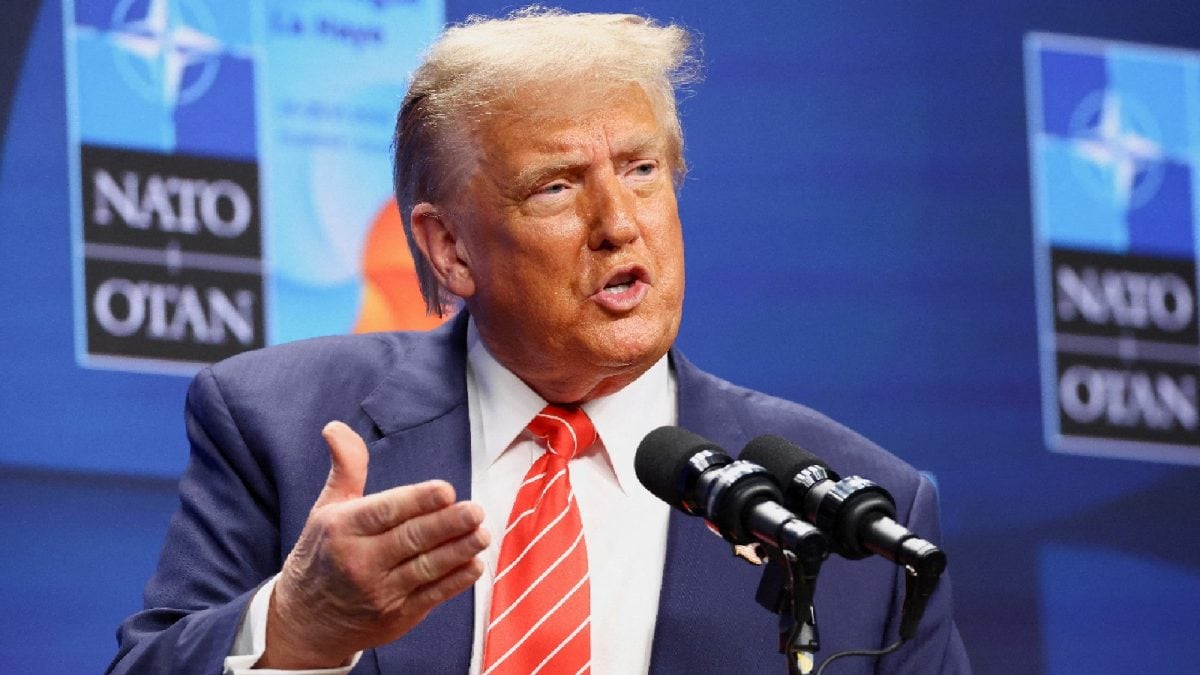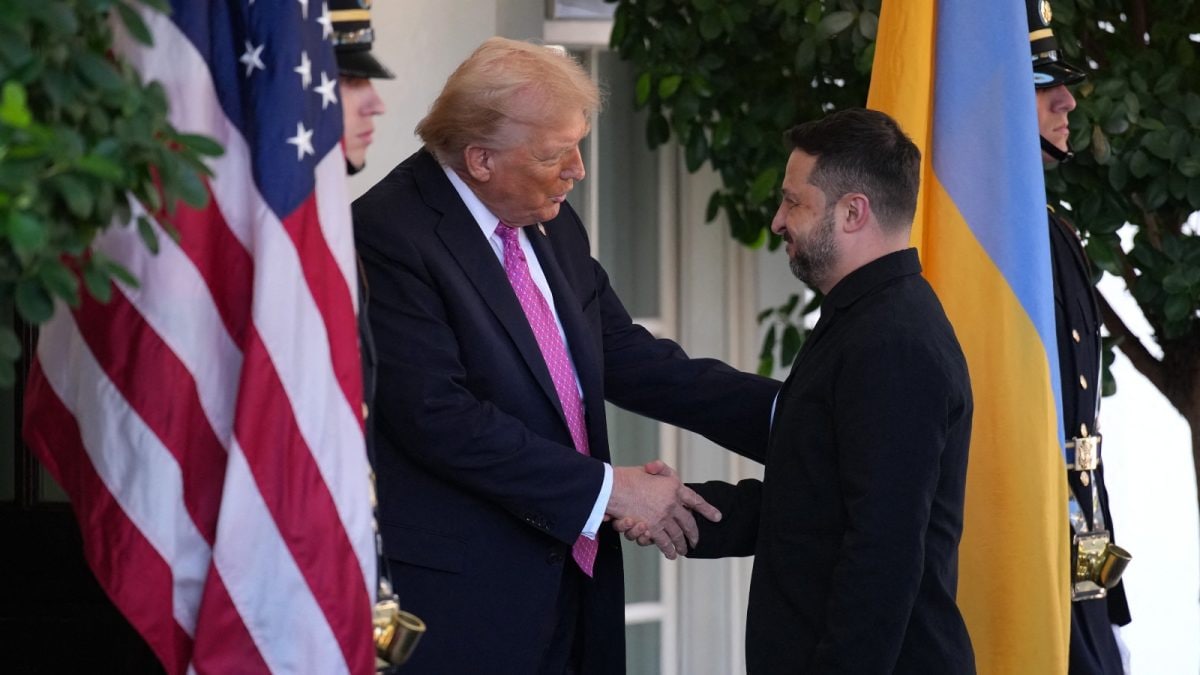Beijing controls 90% of the rare earth minerals that power every American fighter jet, missile and submarine. Without firing a shot, China has weaponised the Pentagon's supply chain and exposed a shocking vulnerability.
China has just found the United States' Achilles heel, and it isn't in Washington, Silicon Valley or the Pentagon. It's deep underground, in the form of seventeen metallic elements the world calls rare earths. Beijing has weaponised its dominance over these minerals to squeeze America where it hurts most: defence. Missiles, jets, submarines, satellites: all depend on Chinese processed rare earths. Beijing calls it "national security". Washington calls it "economic warfare". The truth? It's both. Because in this war for global supremacy, whoever controls rare earths controls the battlefield. The question now is: can the world's mightiest military fight back when its weapons depend on China's minerals?
The Strategic Counterstrike
The context is stark. China controls roughly 90% of the world's rare earth processing, and President Trump's new trade war has just triggered a strategic counterstrike. In response to his 25 to 50% tariffs on Chinese tech, Beijing has restricted exports of gallium, germanium and other minerals vital for semiconductors, radar and missile systems. The move exposes a hidden truth: America's F-35s, Tomahawk missiles and Predator drones all run on Chinese-processed elements. Beijing hasn't fired a single shot, yet it's hit the Pentagon where it's most exposed. Is this the new face of 21st century warfare: minerals as missiles?
The Invisible Fuel of Military Power
Rare earths are the invisible fuel of modern power. They make magnets for stealth jets, guidance systems for missiles and sensors for nuclear submarines. Without them, advanced militaries go blind, deaf and immobile. The F-35 alone needs over 900 pounds of these elements. A single Virginia-class submarine consumes nearly 9,000 pounds. These aren't luxury commodities: they're the bones of military might. And China doesn't just mine them; it refines them. Over 90% of global processing happens on Chinese soil.
The United States has one mine, Mountain Pass, Californi,a but even its raw ore is shipped to China for separation. It's a geopolitical irony: America digs the dirt, but Beijing makes the magic. Decades of ignoring industrial policy and outsourcing environmental risks have left Washington trapped in a supply chain it can't escape. Beijing saw the vulnerability. Now it's using it, deliberately, surgically and without mercy.
Beijing's Mineral Bullet
When Trump slapped massive tariffs on Chinese electric vehicles, batteries and AI firms, Beijing didn't just retaliate with words—it retaliated with minerals. In October 2025, the Chinese Commerce Ministry issued Announcement No. 62, cutting off strategic minerals like gallium and germanium under the guise of "sustainability". But analysts see the truth: this was a geopolitical bullet. These elements are essential to radar systems, semiconductor chips and missile guidance technology. In short, to the Pentagon's entire operating system.
Chinese state media hailed it as a defence of "technological sovereignty", but behind the rhetoric lies a message aimed squarely at Washington: You can sanction chips; we can sanction the materials that make them. In the global chessboard of power, the US moved first—but Beijing just flipped the board. Now, every American defence contractor from Lockheed to Raytheon faces the chilling reality that their next missile might depend on Beijing's approval stamp.
The US spent decades mastering digital warfare but neglected material sovereignty. Under Biden, early efforts to rebuild rare earth supply chains stalled amid environmental protests and high costs. Trump's "America First Supply Chain Plan" promised revival—but it's crawling. The Pentagon's projects in California and Texas are bogged down by chemical waste hurdles and astronomical costs.
A Supply Chain Chokehold
Washington's military-industrial complex, worth trillions, now hinges on materials mined and processed by its top rival. Even a short delay in rare earth exports could ripple through production lines for jets and submarines. The mighty Pentagon—whose budget eclipses the next ten militaries combined—now faces a supply chain chokehold from a single ministry in Beijing. The balance of power isn't shifting on the battlefield—it's shifting in the refineries.
This isn't the first time Beijing has used minerals as weapons. In 2010, China suspended rare earth shipments to Japan during a maritime dispute—and Tokyo buckled under the pressure. Fast-forward to 2025, and Beijing has perfected that tactic on a superpower scale. It's no longer about fishing rights or disputed islands; it's about shaping the global order. By controlling the world's rare earth valves, China can now decide which economies—and armies—can function.
Trump's tariff war has met its match: a minerals war. Beijing's strategy is cold, calculated and deeply effective. It's asymmetric warfare without bombs—an economic chokehold designed to expose how dependent the US is on its adversary. In Washington's playbook, power is built through aircraft carriers and sanctions. In Beijing's, it's built through supply chains and commodities. The difference? One costs trillions. The other just requires patience.
The Pentagon's Nightmare
The consequences are immediate and devastating. The Pentagon's procurement schedules are now at risk. F-35 assembly lines could stall. Precision-guided munitions could face months of delays. Even small radar components for missile defence rely on rare earth magnets—nearly all refined in China. Prices have already spiked. Asian markets surged overnight, while US defence stocks stumbled.
A single administrative decree in Beijing has sent ripples through America's trillion-dollar military-industrial complex. Trump's emergency task force—combining the Pentagon, Commerce and Energy departments- has labelled it a "direct assault on national security". But behind closed doors, officials admit what's truly terrifying: the US has no short-term fix. Refining facilities take years to build. Alternative suppliers like Vietnam and Australia remain years away from scaling. The US can't mine its way out. It must refine its way out—and that's a capability China owns, patents and guards like state secrets.
The Self-Made Paradox
America's situation borders on the absurd. It mines rare earths in California, ships them to China for processing, and then buys them back—sometimes at double the price—to build F-35s that are meant to deter China. It's a self-made paradox wrapped in national security jargon. Western nations prided themselves on clean industries and outsourced the dirty ones. Now, those "dirty" industries have become the backbone of modern warfare.
China's refining dominance isn't an accident; it's a 30-year strategy. Cheap labour, state subsidies, lax environmental laws—all invested not for profit, but power. Meanwhile, the US slept. It let its material base decay whilst its tech giants soared. The result? America's advanced weapons now rely on China's factories. Beijing didn't just build supply chains—it built leverage. And today, that leverage is being used to remind Washington that control of innovation means nothing without control of materials.
Technopolitical Warfare
What's unfolding isn't just trade tension; it's technopolitical warfare. Whilst Washington uses chips as its sanctions weapon, Beijing uses minerals. The US blocks AI processors; China blocks the metals that make them. It's an invisible war—fought not with soldiers, but spreadsheets. Not with missiles, but export licences. Beijing's new restrictions aren't loud. They're quiet, bureaucratic, devastatingly effective. They bleed industries over time.
Trump's tariffs may hurt profits; China's bans can paralyse production. And that's the genius—the world's most powerful nation can't respond militarily without worsening its own supply crisis. For once, sanctions are cutting both ways. America can't build without the very country it's trying to weaken. The global power game has flipped—and China is playing the long, patient hand. In the age of trade wars and technology bans, Beijing's message is clear: You don't own power until you own the materials that make it.
A Readiness Crisis
Inside the Pentagon, the alarm bells are deafening. The F-35 programme alone could face multi-billion-dollar overruns. The Navy's submarine fleet modernisation depends on materials like dysprosium and terbium—both processed almost exclusively in China. Even satellite communications—the eyes and ears of American defence—use rare earth components made in Chinese factories. It's not just an economic issue; it's a readiness crisis. Every delay, every cost increase, every shortage chips away at military superiority.
The irony? America spends £850 billion annually on defence—yet can't build its most advanced systems without China's minerals. Beijing doesn't need to match US firepower. It just needs to keep the US waiting. Every pause in production is a strategic win for China, every shortage a silent strike. The war of attrition has gone invisible—fought through supply chains instead of soldiers.
The Race America Can't Win
President Trump, never one to back down from confrontation, has declared a five-year plan to achieve "total independence from China's critical minerals". But mining takes time. Processing takes longer. Environmental clearances, infrastructure and technology—all take years. America can't build a refinery overnight. Trump's tariffs have cornered the US into a race it can't yet win. Meanwhile, Beijing plays it cool, portraying its export curbs as eco-friendly "green governance". State media paints the move as climate responsibility; the West sees it as economic blackmail. Either way, it's brilliant optics. China's move looks moral, but it cuts militaries. It's environmentalism with geopolitical fangs.
Trump can bluster about independence, but the numbers don't lie—the US still imports roughly 70% of its rare earth compounds from China. Every speech about "America First" now echoes with a question: Can America be first if China controls the materials behind its might?
Global Shockwaves
The fallout extends beyond Washington. Europe, too, depends on Chinese rare earth imports. Automakers, smartphone firms and turbine manufacturers across the West are reeling. Prices are spiking, production is stalling and investors are panicking. Beijing's control isn't just a Chinese advantage—it's a global reality. Western powers that dismissed industrial policy as outdated are now discovering the price of complacency. One can call this the "rare earth trap"—an elegant phrase for a brutal truth: green energy and military defence now share the same bottleneck. The world's transition to sustainability runs through the same pipeline that fuels its weapons. And China owns the valve.
The Revelation
China's rare earth gambit is not about revenge—it's about revelation. It reveals who really runs the world's modern economy. This is a test of global dependence—a quiet reminder that innovation without material control is illusion. The US built a superpower on technology and capital; China built one on resources and patience. Now, the tables have turned.
Trump's trade war has collided with China's mineral war—and the outcome may reshape the century. Because in the end, power isn't in the missiles, the jets or the chips. It's in the dirt—the rare earths buried under China's soil, refined by Chinese hands and now withheld by Chinese strategy. For the Pentagon, it's not just a supply problem—it's a strategic nightmare. Beijing has found America's weakness, and it's not just rare. It's critical. The question now is: can America dig itself out before it's too late?
- Ends
Published By:
indiatodayglobal
Published On:
Oct 18, 2025

 8 hours ago
8 hours ago


















